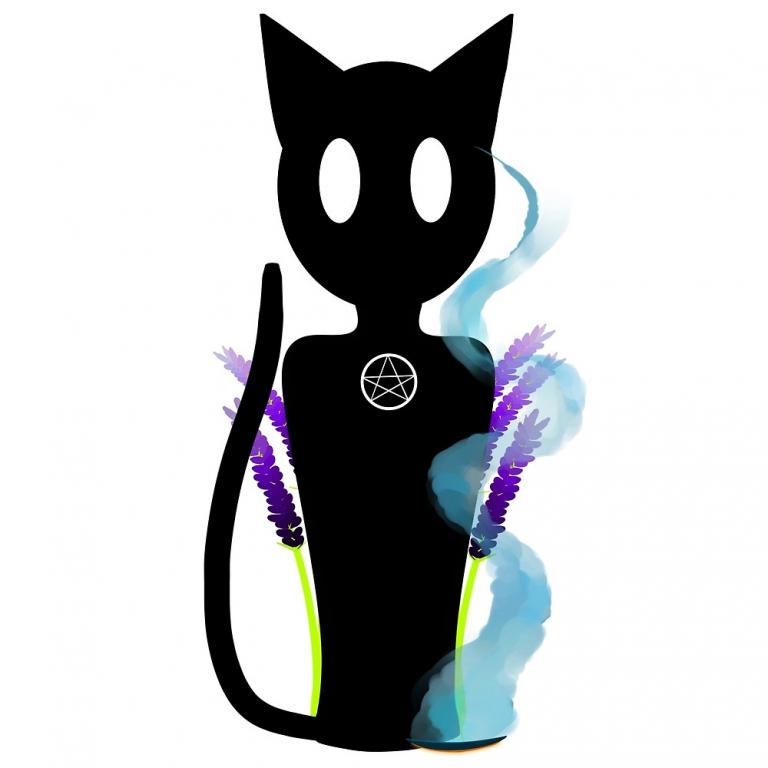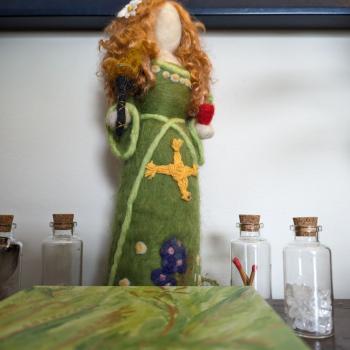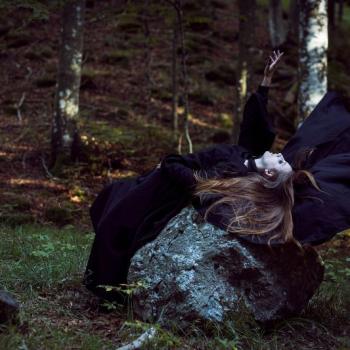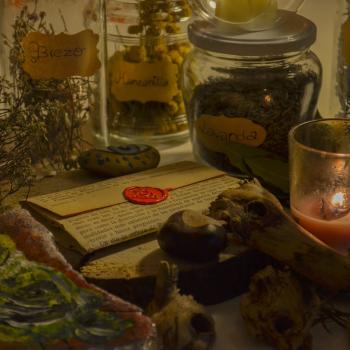Anyone who has ever watched The Wizard of Oz must remember Glinda’s question to Dorothy — “Are you a Good Witch or a Bad Witch?” A notion that has been in the public consciousness for time immemorial. Or at least since witchcraft became a known thing. But is the question fair or even accurate?
In my recent post about Tom Brady’s wife, Giselle Bündchen, who practices witchcraft, she is quoted by her husband as calling herself a “good witch.” The context appearing to be she performs so-called “good” magick, rather than “bad” magick. Indicating (at least how I’m reading it) that because of this she is (or remains) a “good” person. There is an implication that if she were to practice so-called “bad” magick then she’d be a “bad” person. So, I thought I’d explore that a little bit.
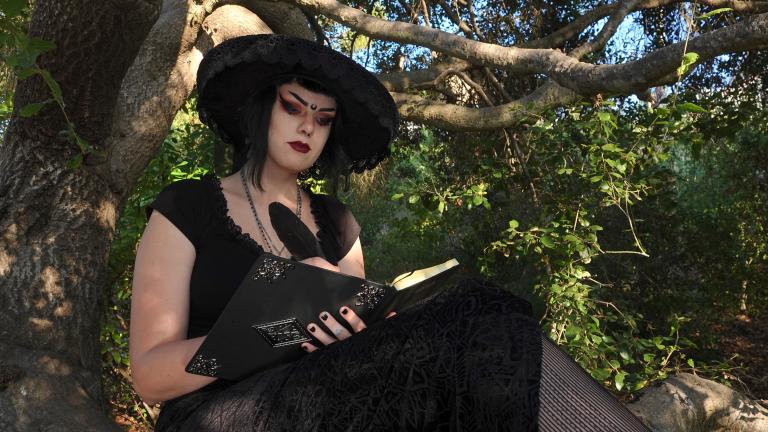
What Is Good Or Bad?
Human beings are complex creatures. We are creative, intuitive, problem-solvers starting with our most ancient ancestors devising ways to interact with the mundane and spiritual worlds, sustaining their lives. History illustrates that humanity has always strived to understand, create, communicate, build, and improve. But we have our flaws too. Emotions run high and deep within our species as does ambition to tame and conquer (in some more than others).
In my view, this is why people have spent millennia defining what is good, bad, right, wrong, evil, benevolent, and so forth. This is why laws or social “norms” have been created to govern how we live and work together. And for the most part, people have benefited through this endeavor.
Does it always succeed? Obviously not, because racism, misogyny, homo/transphobia, etc., exist. War happens. There are people who have “personality disorders,” individuals who could be deemed “bad” or even “evil” (depending on your definition) because of their harmful actions. But there are also people who choose to do “bad” things because circumstances push them in that direction. Are they “bad” people or just people living in a bad situation seeking ways to cope, escape, or simply survive?
And then there are those who are deemed “bad” for spiritual reasons. Because they choose to follow the beat of a different drummer, adopt a style of dress, live their true nature, practice certain arts deemed by particular sacred texts as “evil” or “tainted” despite refutations to the contrary. Individuals who feel connected to something outside of the “norm” and thus enter into the ranks of society’s marginalized. A stamp, a mark, or a scarlet letter attached to their personhood for choosing to be different. Being forced to answer the question —“Are you a good witch or a bad witch?”
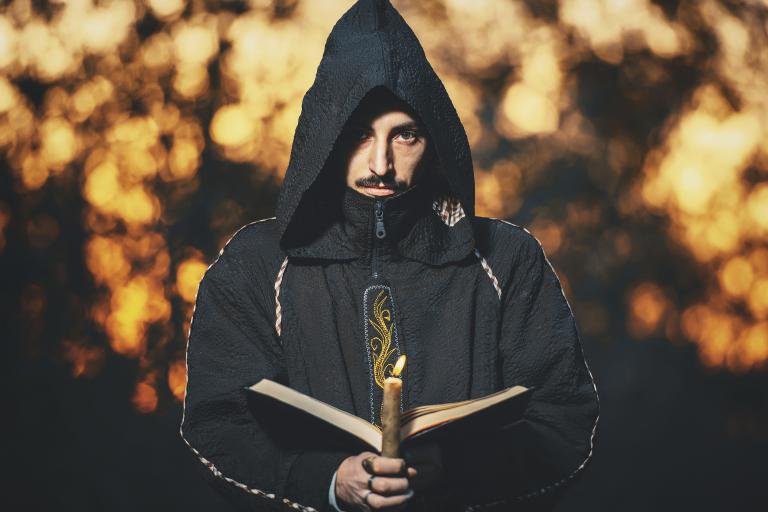
Good, Bad, Neither?
Trying to suss out my feelings here, I guess it bothers me we have to ask the question at all (even subconsciously). Because the “overculture” has deemed witchcraft as “bad” there has been a concerted effort by modern Witches, Wiccans, and other magickal practitioners to assert our “goodness.” To the point, some hamstring themselves and others with strictures such as the Rule of Three (or Three-Fold Law).
The above is a Wiccan tenant that has been misinterpreted for years as “whatever you send out returns to you threefold. ” Many people double-down on this when it comes to anything deemed negative. Some even to the point of not associating with people they deem to be “bad witches” for performing baneful magick. They don’t want “exposure” to “blowback.” And yes, I’ve heard people express that with my own ears.
However, Jason Mankey has offered an excellent rebuttal to that notion in a recent comment on the Tom Brady blog post: “The rule of three as originally articulated said that “when someone does good to you, you should return that good three-fold.” It has nothing to do with karma, or the universe handing out punishments or rewards.”
Additionally, I believe it is helpful for any witch or magickal practitioner to be able to both hex and heal. They are two sides of the same magickal coin. In fact, there is an etymological argument to be made that all witchcraft is a form of hexing. This is one reason why some religious folks will always mark any form of witchcraft (sorcery, divination, et al) as “bad.”
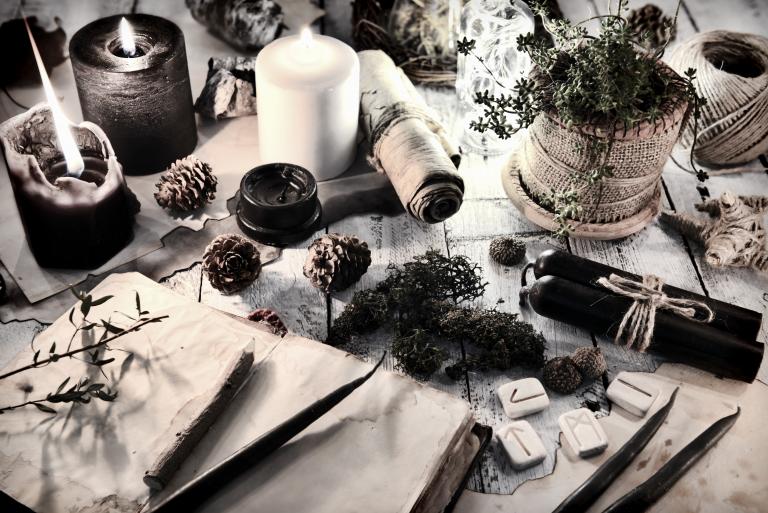
Witch. Plain and Simple.
In the end, I suppose the question will always remain. And we will always have to deal with those who react to witchcraft, and witches in general, according to what culture or religion dictates.
Some people are more comfortable being associated with Glinda (the Good Witch). This will always be more desirable to them, rather than being lumped in with the Bad One. And yes, still using the movie reference, not the musical. The green-faced Wicked Witch of the West had no name, by the way. Typical. But to my point, does defining our “witch selves” as “good” or bad” really matter? Does it help or divide?
Witchcraft will always reflect who we are as individuals. Why? Because magick is self-governed by what we as witches or magickal practitioners intend for the outcome of our spell, in whatever form it takes. And how we cast does come down to ethics, our chosen morality, what we are willing to do for the intention to be met. Choices. That’s just part of life as a human being and our responsibility as witches. For our question, does that make someone a good witch or a bad one?
Well, I believe it just makes a Witch. Plain and simple.

